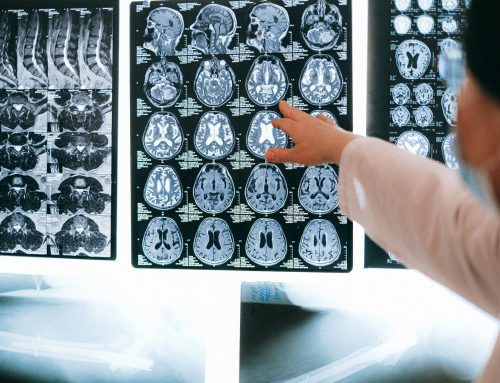A lot of people are surprised to learn that social deficits and relationship problems are common for kids and adults with ADHD. At its core, ADHD is characterized by inattention, hyperactivity, and difficulties with impulse control, all of which can negatively impact social interactions. Let’s look at these areas and how they can impact social relationships:
Inattention: When we talk with others, we expect them to listen and understand us. For people who struggle with holding their focus, it can be difficult to stay present and engaged for long conversations (or even short interactions!). There can also be a tendency to focus on their own interests and needs, and poor attention to detail means they can miss social cues.
Impulse Control: People who struggle in this area are prone to blurting out in the middle of a conversation or changing the subject, often without realizing how rude this may feel to others. In adult relationships, partners may impulsively make plans or big purchases without consulting the other partner.
Other Executive Functioning Deficits: As we’ve covered, ADHD is a disorder of executive functioning, which includes the areas of attention and impulse control. Organization and working memory are two other key areas of executive functioning that can get in the way of relationships. For example, recalling important dates (such as an anniversary) or plans (such as meeting a friend for dinner on Thursday) can be difficult for those with ADHD and can lead to letting others down. Not remembering a simple request (such as, “Can you remember to pick up the dry-cleaning after work? I need my suit for tomorrow”) can leave partners feeling unsupported and frustrated. Similarly, task initiation and completion can be difficult, such that if a partner asks another to do a big project (such as a home repair or looking for a job), that task may or may not get started or finished, which again leaves the other partner feeling let down or aggravated.
This is not an exhaustive list of how ADHD impacts relationships but demonstrates that something that we tend to think of as being a childhood or school-related disorder can actually have effects far outside the classroom and throughout life. Social deficits may also be a sign of Autism Spectrum Disorder and any concerns should be evaluated by a medical or mental health professional.






